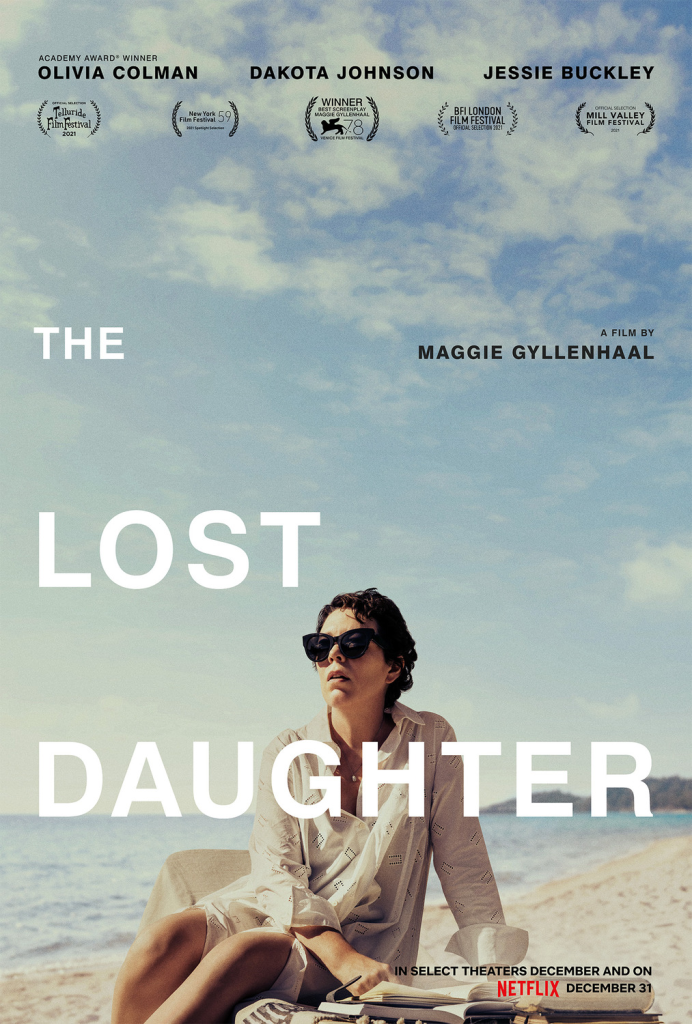
- Release date: January 10, 1927
- Director: Fritz Lang
- Starring: Alfred Abel, Brigitte Helm, Gustav Fröhlich, Rudolf Klein-Rogge
- Genre: Sci-fi
It was that fateful day on the 10th of January, 1927, when movie theaters across Germany premiered director Fritz Lang’s latest cinematic piece.
Audience reactions were polarizing, ranging from rapturous praise to harsh lampooning, even failing to impress H.G. Wells.
To appeal to divisive viewers, clips of its nearly two-and-a-half-hour runtime were cut down (lost to history until a fortunate discovery of its near-complete reel in a Buenos Aires warehouse in 2008). Alas, commercial expectations were not met, even bringing the production studio to the brink of ruin.
That partly makes up the history of Metropolis (1927), yet time has been generous to this now-hailed masterpiece, so much so that avid yet budding cinephiles like myself were shocked to learn of its tumultuous rollout (which nowadays has been reduced to an anecdote).
The presentist lens can be deceptive, or at the very least, misleading. Today, one may find Metropolis in the annals of great cinema, even listed by the Vatican’s 45 Alcuni film importanti. Indeed, it is a blessing that retrospect chooses to venerate the film, both as a historical relic and an ever-present influence, that it may have saved this work from erasure, as with most movies of the silent era.
Just at face value, it justifies the praise. This is a visual marvel of Expressionism that far transcends its period, with Fritz Lang and his team manifesting artistic ambitions in timelessly awe-inspiring set pieces and special effects.
A gleaming skyline of hyper-Art Deco designs.
An underground neighborhood of Brutalist apartments.
Technological advancements way ahead of their time.

Yet, its legacy as a landmark achievement in film aesthetics looms so large that its literary aspects are often forgotten (or deliberately dismissed in discussions). Whether they are of substance remains contested.
Just from the previously mentioned descriptions of the eponymous city, its intentions are made clear: this is a commentary on class stratification, with the plot centered on a conflict interwoven by opposing forces: a despot keen on maintaining the status quo, proletariats impatiently waiting for a revolution, and a mad scientist hellbent on vengeance and destruction.
What follows is a chaotic display of civil pandemonium that exemplifies Fritz Lang’s excellent orchestration of his performers. In fact, one can argue that this film marked the first cinematic depiction of dystopia.
Lest we forget, Metropolis is a product of its era, when fear and discontent gripped Europe, still reeling from The Great War, as communism continues to proliferate beyond the borders of the Soviet Union.
Does the narrative suggest that Lang empathized with the ideology of his compatriot Karl Marx? Perhaps not, for he incorporates an element eschewed by Marxism: religion.
Specifically, he adapted the Biblical tale of the Tower of Babel but repurposed it in a more secular light. Ego-fueled leaders and the rage of the masses, rather than the act of God, led to the city’s demise, a blatant opposition to violent revolution.

Further substantiating this potential counterargument of communism is the addition of a conclusion not part of the original Genesis tale: a prophecy of hope, where the “heart” guides the “mind” and “hands.”
Naive? German audiences at the time thought so. One might imagine Frederich Nietzsche’s scathing lamentations to such a message had he lived long enough to see this in cinemas.
Still, it is an attempt at giving Metropolis its worth. Concurrence need not be required to appreciate Lang’s optimism to find common ground between the religious and political, even when lambasted on both fronts, anti-communists on one side and nihilists on the other.
Still, maybe Metropolis should not be exclusively viewed as a moral discernment of the times. It can be viewed as a product of prescient thinking. It is eerie how Lang foresaw (perhaps unintentionally) events almost a century after its release, from the rise of Nazism to the emergence of deceptive artificial intelligence.
In the end, Metropolis is best viewed from two perspectives: as a cinematic spectacle that set the standard for the sci-fi genre or as a thinkpiece that attempts to comprehend its present and future.
On that note, worth mentioning is that the story is allegedly set in 2026, less than a year before this review’s publication. Perhaps viewers today can still draw some parallels between the then and now.



























